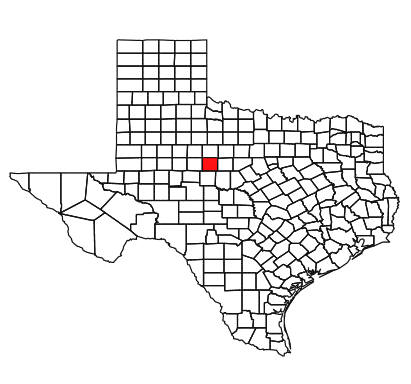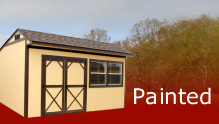In 1882, the town was incorporated, and Abilenians began to set their sights on bringing the county seat to Abilene and, in a three-to-one vote, won the election. In 1888, the Progressive Committee was formed to attract businesses to the area, which later became the Board of Trade in 1890. By 1900, 3,411 people lived in Abilene, and in that decade, the Board of Trade changed its name to the 25,000 Club in the hope of reaching 25,000 people by the next census. However this committee failed when the population only hit 9,204 in 1910. Replacing it was the Young Men's Booster Club, which became the Abilene Chamber of Commerce in 1914.
The cornerstone was laid for the first of three future universities in Abilene, called Simmons College, in 1891, which later became Hardin-Simmons University. Childers Classical Institute followed in 1906, currently Abilene Christian University, Abilene's largest of the three. In 1923, McMurry College was founded and later became McMurry University. Much more recently, Abilene succeeded in bringing Cisco Junior College and Texas State Technical College branches to Abilene, with the Cisco Junior College headquarters being located in Abilene.
Free delivery within 50 miles of Abilene, Texas!

In 1940, Abilene raised the money to purchase land for a U.S. Army base, southwest of town, named Camp Barkeley, which was at the time, twice the size of Abilene with 60,000 men. When the base closed, many worried that Abilene could become a ghost town, but in the post-World War II boom, many servicemen returned to start businesses in Abilene. In the early-1950s, residents raised $893,261 to purchase 3,400 acres (14 km2) of land for an Air Force base. Today, Dyess Air Force Base is the city's largest employer, with 6,076 employees. By 1960, Abilene's population nearly doubled in 10 years from 45,570 in 1950 to 90,638. In the same year, a second high school was added, Cooper High School. In 1966, the Abilene Zoo was created near Abilene Regional Airport. The following year, one of the most important bond elections in the city's history passed for the funding of the construction of the Abilene Civic Center and the Taylor County Coliseum, as well as major improvements to Abilene Regional Airport. In 1969, the Woodson elementary and high school for black students closed as the schools are integrated.
In 1982, Abilene became the first city in Texas to create a downtown reinvestment zone. Texas State Technical College opened an Abilene branch three years later. The 2,250-bed French Robertson Prison Unit was built in 1989. A half-cent sales tax earmarked for economic development was created after the decline in the petroleum business in the 1980s. A branch of Cisco Junior College was located in the city in 1990.
The Grace Museum and Paramount Theatre revitalizations, along with Artwalk in 1992 sparked a decade of downtown restoration. In 2004, Frontier Texas!, a multi-media museum highlighting the history of the area from 1780 to 1880 was constructed, and a new $8 million, 38-acre (150,000 m2) Cisco Junior College campus was built at Loop 322 and Industrial Boulevard. Simultaneously, subdivisions and businesses started locating along the freeway, on the same side as the CJC campus, showing a slow but progressive trend for Abilene growth on the Loop. Abilene has become the commercial, retail, medical, and transportation hub of a 19-county area more commonly known as "The Big Country," but also known as the "Texas Midwest". By the end of 2005, commercial and residential development had reached record levels in and around the city.
Please check our delivery requirements before calling to order. Any Texas City will be in our area, however; it is best to call for color options and custom build outs. Contact us or come to the Uvalde, Texas location and order it today.
Portable Buildings are here in Abilene, Texas! We deliver Derksen buildings in Abilene.







